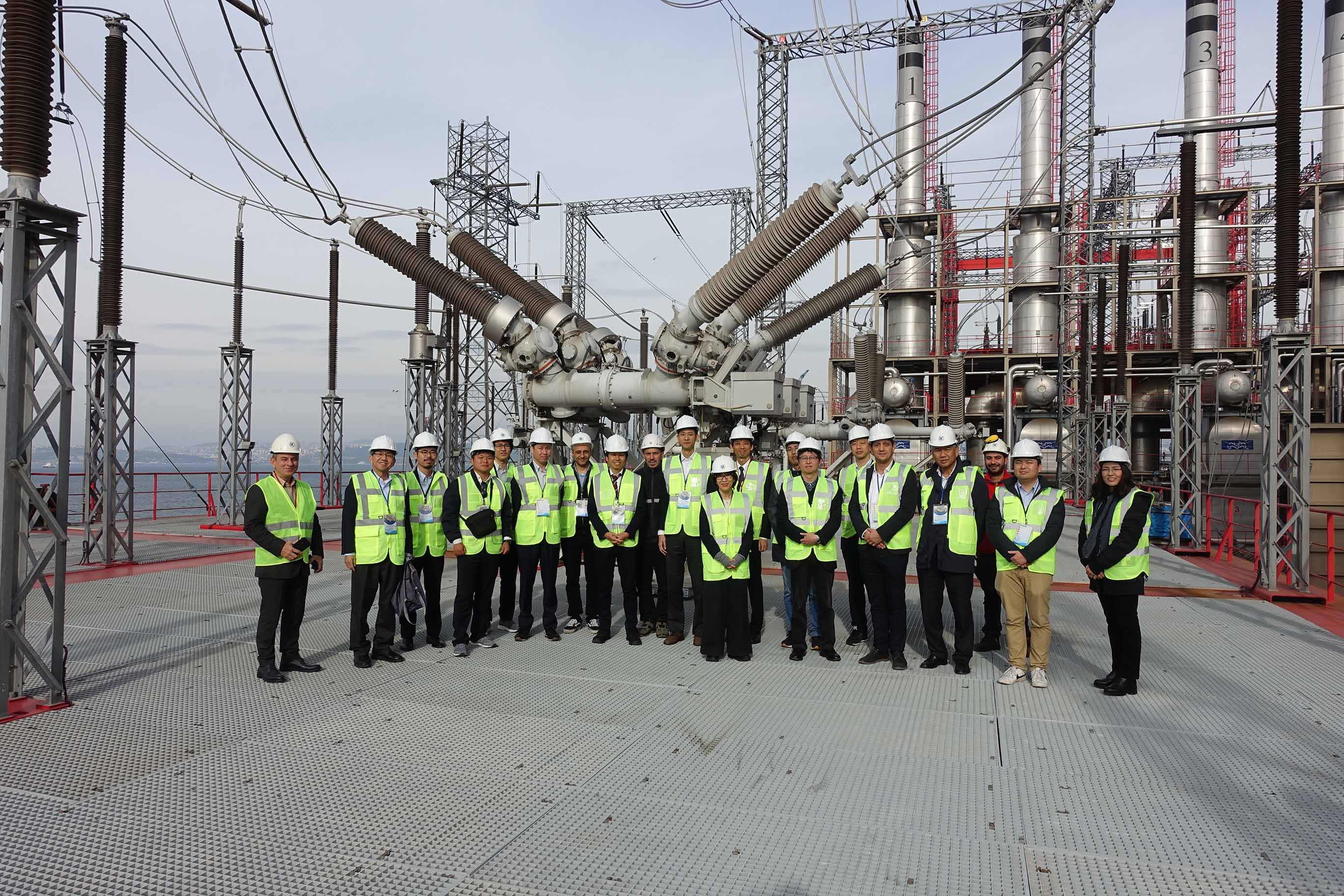
It was a while ago, but in December last year, we welcomed members of the Japanese Ministry of Foreign Affairs to Karmarine, where Karpowership is the base for their power-ship business, and the visitors were given a tour of the one of biggest power-ship. The visitors were very surprised to see that the bulk carrier was used as a power plant, with a generator loaded in its cargo hold and a high-voltage substation.
The idea of running a power-ship business by installing a generator on a 2nd-hand ship was extremely innovative, and Japanese shipping companies like us, which are too afraid of risks, may have had someone in the company who had such an idea, but the company might not accept it. It would have been impossible to accomplish.
In that respect, I really respect Karpowership for making this business possible and being the only power-ship operator in the world. MOL is currently collaborating with Karpowership to promote the LNG power-ship business. MOL supply elderly LNG carriers that are nearing retirement and they are converted into FSRUs, and provided for our project.
Karpowership has a fleet with a large number of vessels with various power generation capacities, and has the advantage of being able to provide the required amount of power with short delivery times and contract periods ranging from short to long term. In addition, their business model, which allows them to do everything in-house, from converting to the power-generating ship and connecting it to the power grid to actually generating electricity, is a strength that no one can rival.
Currently, MOL, not only this power-ship business, try to enter the desalination seawater business with Norway's EnviroNor. We are planning to modify the 2nd hand tankers to FDV(Floating Desalination Vessel) which equipped the desalination seawater facility on board. Now we are working continuing to hold meetings with various parties in order to conduct business in Europe and Africa.
I think that the number of businesses involving "ships that do not move" and "ships that do not transport" will continue to increase in the future in MOL business from the experience of these two businesses.
The lifespan of a ship is generally 20 to 30 years, but if the ship does not need to move, it can probably be in operation for nearly 100 years. It seems that the business with using the ship equipped any machines etc. on board will continue to expand in the future.
I would also be happy if I could find some idea and turn it into a business.